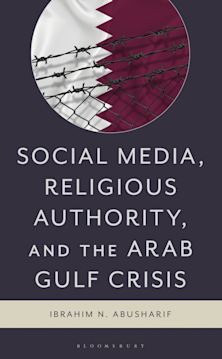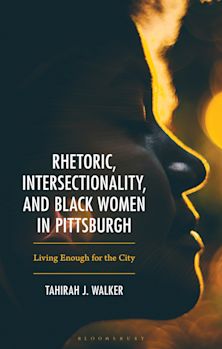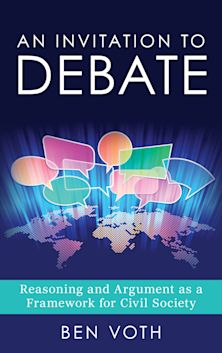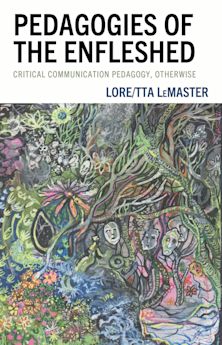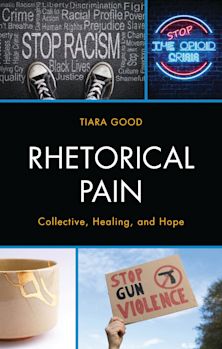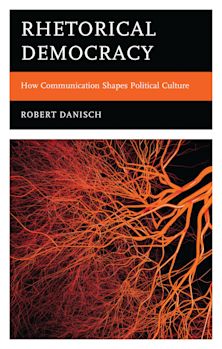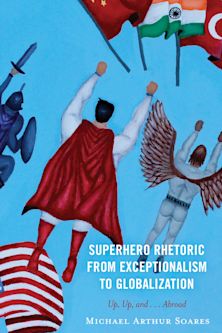This product is usually dispatched within 1 week
- Delivery and returns info
-
Free CA delivery on orders $40 or over
Description
Genocide represents one of the deadliest scourges of the human experience. Communication practices provide the key missing ingredient toward preventing and ending this intensely symbolic activity. The Rhetoric of Genocide: Death as a Text reveals how strategic communication silences make this tragedy probable, and how a greater social ethic for communication openness repels and ends this great evil. Careful analysis of practical historical figures, such as the great debater James Farmer Jr., along with empirical policy successes in places such as Liberia provide a communication-based template for ridding the world of genocide in the twenty-first century.
Table of Contents
1. The Role of Rhetoric and Communication in Genocide
2. State Killings as Public Argument
3. Discursive Complexity as a Communication Based Moral and Ethical Framework
4. The Cell Phone versus the AK-47
5. The Genocidaire: The Perpetrator
6. Christianity as a Critical Methodology for Moral Action
7. Islam and the Rhetorical Construct of Islamophobia
8. Global Anti-Semitism: The Persistent Genocidal Trope
9. James Farmer: A Model for Human Freedom
10. Gendercide: Sex Selection Abortion
11. Giving War a Chance: Critical Theory and Genocide
12. Winning Wars against Genocide
13. Conclusion: A World without Genocide
Appendix: Student Essay: Shia Islam
Product details
| Published | Jun 18 2014 |
|---|---|
| Format | Hardback |
| Edition | 1st |
| Extent | 172 |
| ISBN | 9780739182055 |
| Imprint | Lexington Books |
| Illustrations | 3 tables; 5 graphs; |
| Dimensions | 235 x 160 mm |
| Series | Bloomsbury Studies in Political Communication |
| Publisher | Bloomsbury Publishing |
Reviews

ONLINE RESOURCES
Bloomsbury Collections
This book is available on Bloomsbury Collections where your library has access.











